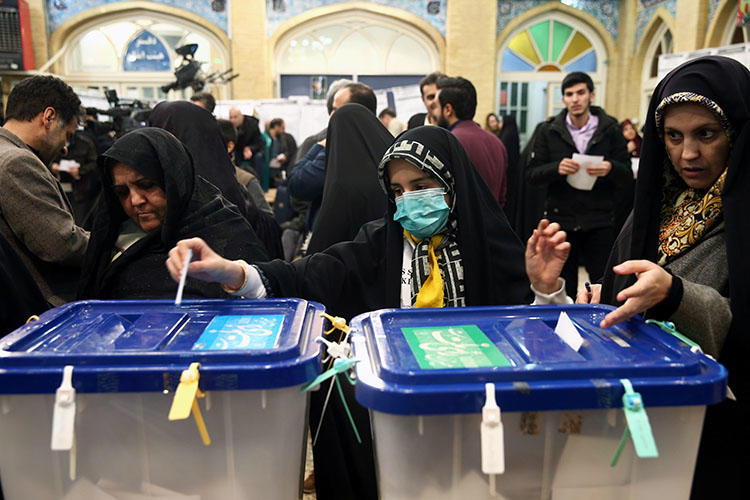On February 22, 2020, intelligence agents of the Islamic Revolutionary Guard Corps (IRGC) arrested and interrogated freelance economic reporter Mohammad Mosaed for several hours over recent social media posts critical of the government and suspended his social media accounts, according to a brief interview he had with the BBC Persian Service a few hours after his was released on the same day.
During the interrogation, Mosaed was ordered to delete his Telegram channel, and his personal Twitter account was suspended by the IRGC agents, the exile-run news website IranWire reported on February 23.
Mosaed told the BBC that he was also ordered not to conduct any interviews with media, and added that he was told by IRGC agents that “his social media activities can be examples of crimes.” Mosaed added in the BBC interview, “Right now, I’m waiting for my trial date to be announced to appear before the court for the case that was opened against me in November.”
Mosaed was arrested on November 22, 2019, at his family’s home in the northern city of Rasht for his tweets amid Iran’s nationwide internet shutdown and widespread protests, according to CPJ research. He was later transferred to Tehran and detained for 16 days in Ward 2A of Evin prison, which is run by intelligence wing of the IRGC and has no oversight by any other government entity, before he was released on bail, according to a person familiar with Mosaed’s case who spoke to CPJ on February 25, on condition of anonymity for fear of reprisal.
“Mohammad has been banned from any journalism or social media activities until court. But no date has been set yet. He doesn’t have a lawyer yet either,” according to the person familiar with Mosaed’s case.
In his most recent social media posts, Mosaed criticized the government’s lack of preparedness to tackle the outbreak of coronavirus in the country, questioned why the number of candidates in Iran’s February 21 parliamentary elections were restricted to hardliners, and exposed two of the candidates from Rasht as former members of the IRGC, according to a CPJ review of his Twitter account before it was suspended and a screenshot of one of his posts.
